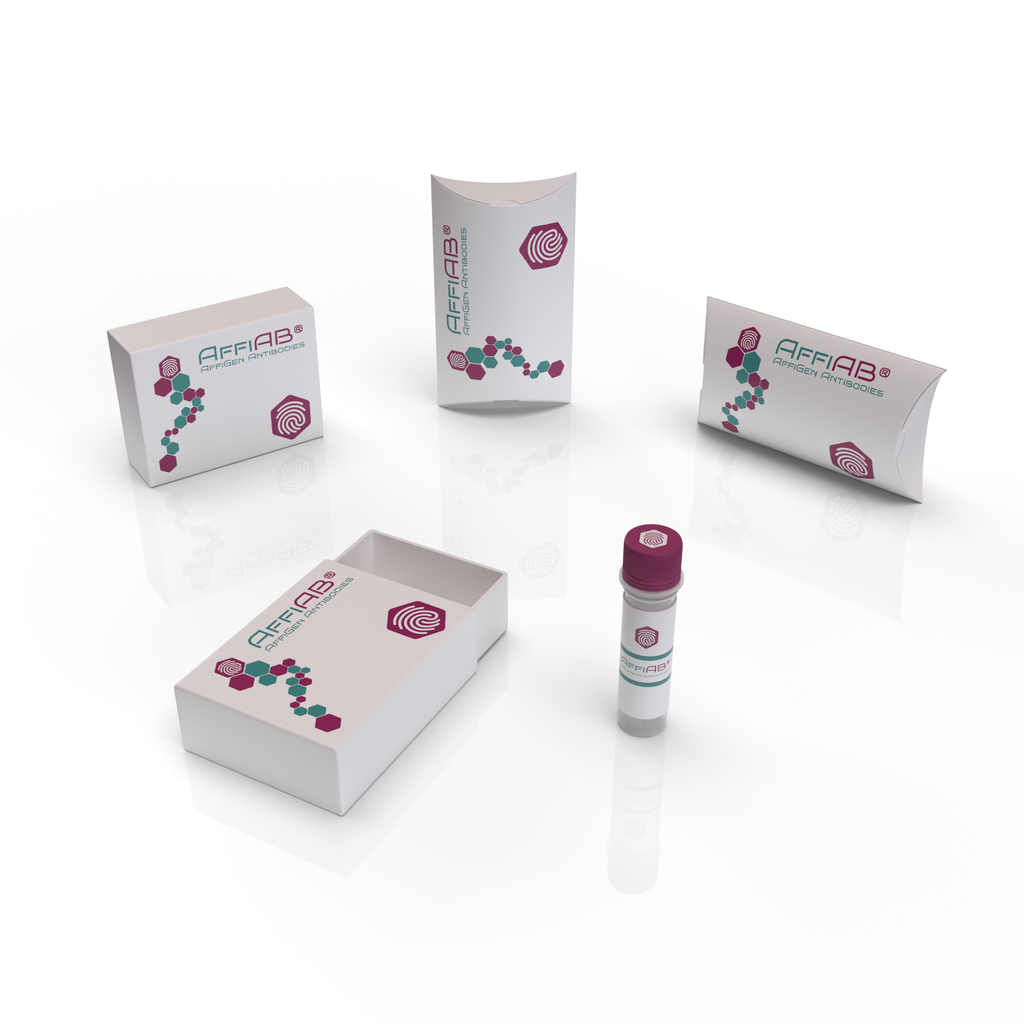Available Sizes: 50 μg, 500 μg, 1 mg.
Background
CD274, also known as PD-L1 and B7-H1, is type I transmembrane glycoprotein that serves as a ligand for CD279 (PD-1). This interaction is believed to regulate the balance between the stimulatory and inhibitory signals needed for responses to microbes and maintenance of self-tolerance. CD274 is involved in the costimulation of T cell proliferation and IL-10 and IFN-γ production in an IL-2-dependent and CD279-independent manner. Conflicting data has shown that CD274 can inhibit T cell proliferation and cytokine production and alternatively, enhance T cell activation. Other studies suggest that CD274 may signal bidirectionally, raising interesting implications for its expression in a wide variety of cell types, including T and B cells, Antigen-presenting cells and nonhematopoietic cells.
Host
Mouse.
Species Reactivity
Human.
Synonyms
B7-H1, PD-L1, Programmed cell death ligand 1, B7 homolog 1, B7-H, B7H1, PDL1, PDCD1L1, PDCD1LG1.
Conjugation
None (Purified Antibody-Azide Free/Low endotoxin).
Isotype
Mouse IgG2b, κ.
Applications
Block, FA, FCM.
Concentration
0.5 mg/mL.
Buffer
0.2 μm filtered in PBS, pH7. 2. Azide Free (AF) /Low Endotoxin (LE): Contains no stabilizers or preservatives. Endotoxin level is less than 2 EU/mg as Determined by LAL gel clotting assay.
Storage Conditions
Store at 2~8°C. Do not freeze.
Gene-ID
29126.
